Under the gun. Who and how creates sanctions lists
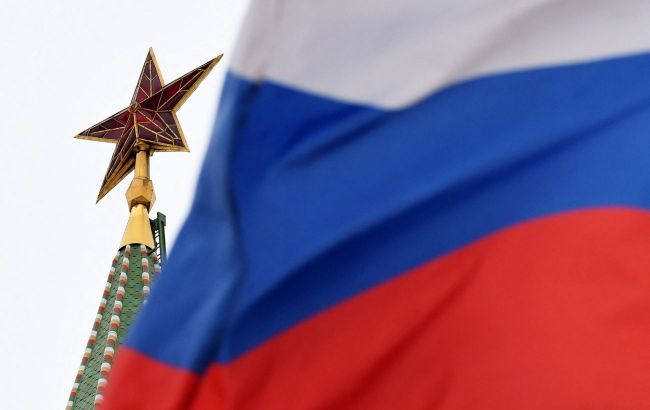 Who and how creates sanctions lists (photo: Getty Images)
Who and how creates sanctions lists (photo: Getty Images)
In mid-October, President Volodymyr Zelenskyy approved sanctions lists that included an unprecedented number of entities - several thousand individuals, including two and a half hundred businessmen and 1,300 companies.
The sanctions affected virtually all possible categories of people or entities that are directly or indirectly linked to Russia's invasion of Ukraine.
Along with the political and military establishment of the Russian Federation and Belarus and their relatives, the lists include the richest Russians, propagandists, local artists and collaborators with Ukrainian passports, as well as subsidiaries of international companies operating in Russia.
Ukrainian sanctions largely mirror Western lists. How sanctions work in Ukraine and in the West, how the lists are formed, and on what principle some of the richest Russians are subject to sanctions while others manage to avoid them - in a large article by RBC-Ukraine.
It's been a long time coming
From the very first day of Russia's full-scale aggression, the Ukrainian government categorically demanded that the West impose the most stringent sanctions against the aggressor country, both sectoral and personal, including against Russia's top leadership.
Not immediately and with great difficulty, but within a few months, the sanctions mechanism of the United States and Europe, as well as a number of democratic countries around the world that joined them, gained momentum.
Paradoxically, Ukraine itself - as a victim of Russian aggression - lagged far behind on this track. While the Ukrainian government constantly blamed the West for not being tough enough with sanctions, official Kyiv seemed afraid to take decisive action against Moscow. This was especially evident in the case of personal sanctions against Russian elites.
Thus, during the almost eight months of the large-scale war with Russia, only one Russian oligarch, the beneficiary of Sistema and former co-owner of Vodafone Ukraine, Vladimir Yevtushenkov, was subject to Ukrainian sanctions.
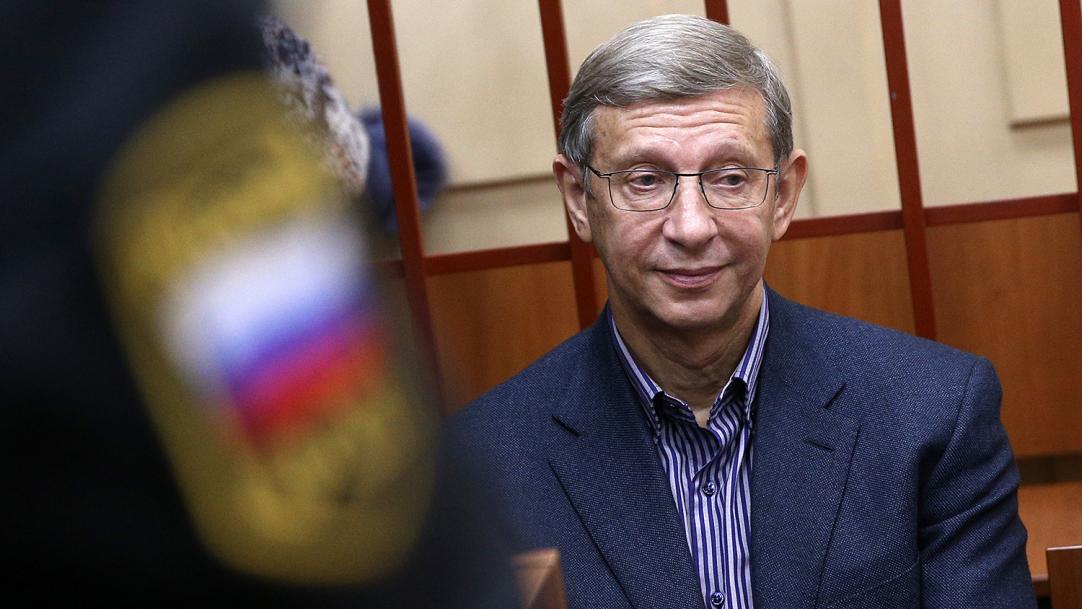
Vladimir Yevtushenkov
This situation, of course, did not go unnoticed by Ukraine's Western partners, who expressed their surprise at the highest level of negotiations. As a result, on October 19, President Volodymyr Zelenskyy's decrees imposed sanctions on several thousand Russians (including 256 businessmen and their families).
Blurred criteria
In general, there are no universally accepted criteria for imposing sanctions, including personal ones, in the world. In general, it is assumed that they are aimed at achieving the foreign policy goals of the country that imposes these sanctions.
The very essence of the sanctions process implies its extreme subjectivity, as the decision to include a politician, official, businessman, or media person in the sanctions lists is not made automatically, but by specific people in government agencies responsible for sanctions in the United States, the European Union, Canada, the United Kingdom, and other Western countries.
In the situation with Russia's aggression against Ukraine, there are, of course, obvious exceptions when the need to include a person and his or her family in the sanctions lists is undeniable.
For example, when it comes to the Russian occupation army. Almost all of its leadership, from Defense Minister Sergei Shoigu, Commander-in-Chief of the Land Forces Oleg Salyukov, the current commander of the joint occupation group in Ukraine Sergei Surovikin, and Air Force Commander Sergei Dronov, to servicemen with the rank of major and below who are involved in war crimes in Ukraine, are on various sanctions lists.
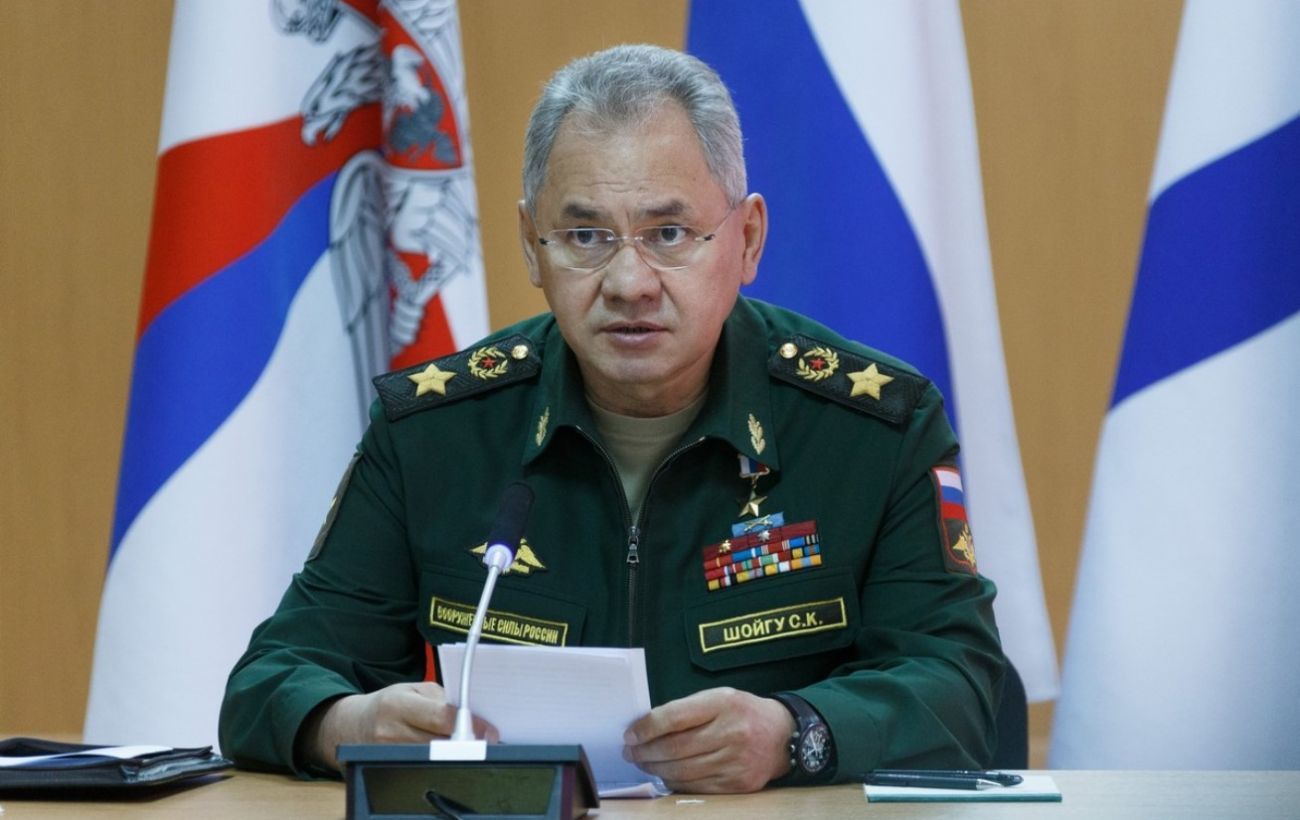
Sergei Shoigu
Or, when it comes to State Duma deputies, senators and other senior Russian officials who made and continue to support the decision to aggress against Ukraine and illegally annex Ukrainian territories. First of all, we are talking about Russian President Vladimir Putin personally. The sanctions lists of the United States, the European Union, and other Western countries also include the Chairman of the Federation Council Valentina Matvienko, State Duma Speaker Vyacheslav Volodin, Prime Minister Mikhail Mishustin, Foreign Minister Sergei Lavrov, Security Council Secretary Nikolai Patrushev, Communist Party Chairman Gennady Zyuganov, Secretary of the United Russia General Council Andrei Turchak, the Russian dictator's personal press secretary Dmitry Peskov, and hundreds of other deputies and lower-ranking officials.
When it comes to the use of sanctions as an instrument of influence on Russia's state policy, the issue becomes more delicate. After all, an accurate assessment of the level of such "influence" is almost impossible.

Sergei Lavrov and Nikolai Patrushev
The procedure for including various Russian statesmen and businessmen in the sanctions lists remains a mystery - why some of them were included literally in the first days of the full-scale invasion, and some - only a few months later. And why, despite the constant talk of "synchronizing sanctions lists" between key Western players, there are still so many differences.
For example, the EU usually provides relatively extensive information: for example, in the case of cellist, businessman and personal friend of Putin, Sergei Roldugin, it is stated that he is involved in laundering at least two billion dollars through banks and offshore companies that are "part of Putin's secret financial network".
A few more examples: Transneft CEO Nikolai Tokarev, according to the EU document, is "a long-time acquaintance and close partner of Putin" who served with him in the KGB in the 1980s and is also a sponsor of Putin's famous palace near Gelendzhik; and Rosneft CEO Igor Sechin worked with Putin in the St. Petersburg mayor's office in the 1990s and "has since proven his loyalty."
It's a different matter when it comes to big business - theoretically, it is this business, unlike small bipods from fake "republics," that can influence Kremlin policy, and sanctions against it have much more practical meaning.
In an interview with the Russian newspaper Medusa, Pavel Ivlev, a former Yukos lawyer who emigrated to the United States (he was sentenced to 10 years in prison in Russia) and was involved in the compilation of the famous Magnitsky sanctions list, rightly believes that the sanctions lists, along with Putin's friends, also include many businessmen who have no real influence on the Kremlin.
"The US government does not aim to clearly identify each of them (Putin's oligarchs - ed.). They are hitting business leaders to show others that 'you will be under sanctions too", the co-author of the Magnitsky List believes.
The letter of the law
In the case of Ukraine, it is not only the expertise in compiling sanctions lists that is in question, but also the legal framework. As you know, Ukraine currently has several regulations and procedures for sanctions, confiscation and nationalization of aggressors' property.
The main specialized law, "On Amendments to Certain Laws of Ukraine on Improving the Effectiveness of Sanctions Related to Individual Assets," was initially even vetoed by the president after strong criticism from the professional community. The fact is that there was an obvious possibility that future decisions on the confiscation of Russians' property would be successfully challenged in the European Court of Human Rights.
After being finalized, a number of shortcomings were eliminated, though not completely. The proposed mechanism is as follows: after the president approves the NSDC sanctions lists by decree, they will be examined by the Ministry of Justice, which will have to prove that the person under sanctions has significantly contributed to Russian aggression against Ukraine.
The Ministry of Justice then appeals to the High Anti-Corruption Court, which makes a decision on confiscation within ten days, with another five days for appeal. Ultimately, the Cabinet of Ministers determines which government agency will receive the confiscated asset.
At the same time, the human rights organization Transparency International Ukraine pointed out a number of other shortcomings of the adopted procedure, such as the extremely short timeframe for consideration of the case in court and the lack of proper competence of the HACC. In the long run, this could again lead to disappointing results for Ukraine in the ECHR trials.
From the point of view of national interests, it is also important that the confiscated property generates revenue for the state budget. That is why it needs good managers to sell it profitably in the end. The ability of responsible government agencies to do this is a huge question mark.
For example, one of the main managers of the confiscated Russian property will be the Asset Recovery and Management Agency (ARMA), which has a bad reputation (several of its former leaders are accused of large-scale corruption). And in the nine months of the full-scale war, ARMA has transferred only UAH 21.4 million to the state budget from the management of all seized Russian assets.
If Ukraine wants the property of those involved in the Russian aggression to ultimately serve the national interest, the legal tools must be perfect. Especially if we expect to "export" confiscation practices to the West, where the main Russian assets are concentrated.
Getting off the list
In addition to the legal framework for confiscation, there are questions about the formation of sanctions lists in Ukraine. In general, their defendants can be divided into several categories: the political elite of the Russian Federation (in particular, the October list includes Deputy Head of the Putin Administration Sergey Kiriyenko, curator of the occupied territories of Ukraine and head of the Wagnerites Yevgen Prigozhin), collaborators in the occupied territories Sergey Brilyov, and large businessmen.
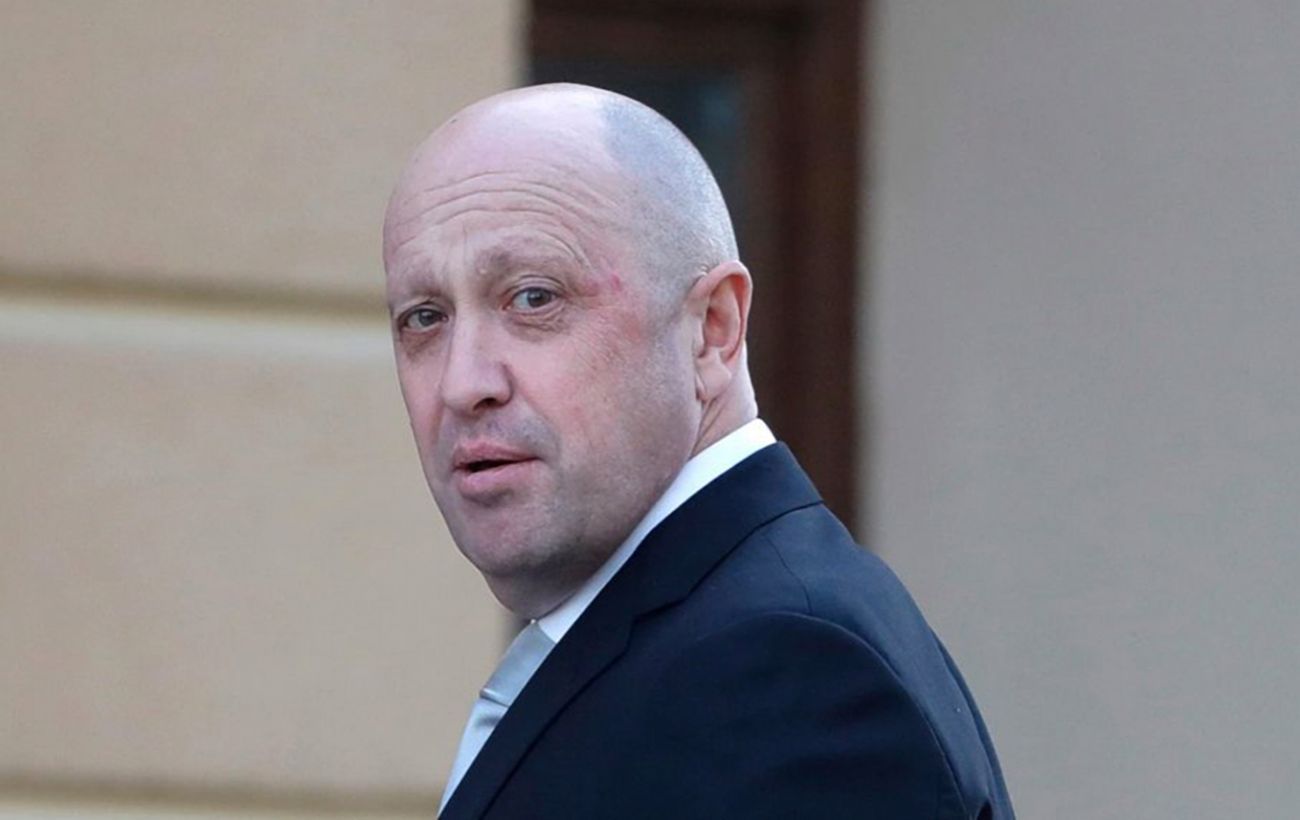
Yevgen Prigozhin
The latter, of course, are of particular interest. The sanctions lists include both top oligarchs close to Putin personally, such as the Rotenberg brothers or Gennady Timchenko, and most of the rest of the Russian Forbes list, including emphatically apolitical businessmen who have no connection to the Kremlin, or even emphatically distanced from it (for example, Leonid Boguslavsky, Tatyana Bakalchuk, Igor Makarov, Oleg Tinkov).
However, many of the people in the Russian Forbes top 200 were not included in the sanctions lists. Thus, the mere involvement in the club of the richest Russians was obviously not a criterion for compiling the lists; subjective factors were also included. In particular, it is notable that entrepreneurs engaged in IT and fintech businesses, the most famous of whom is Pavel Durov, the creator of Telegram, were not sanctioned.
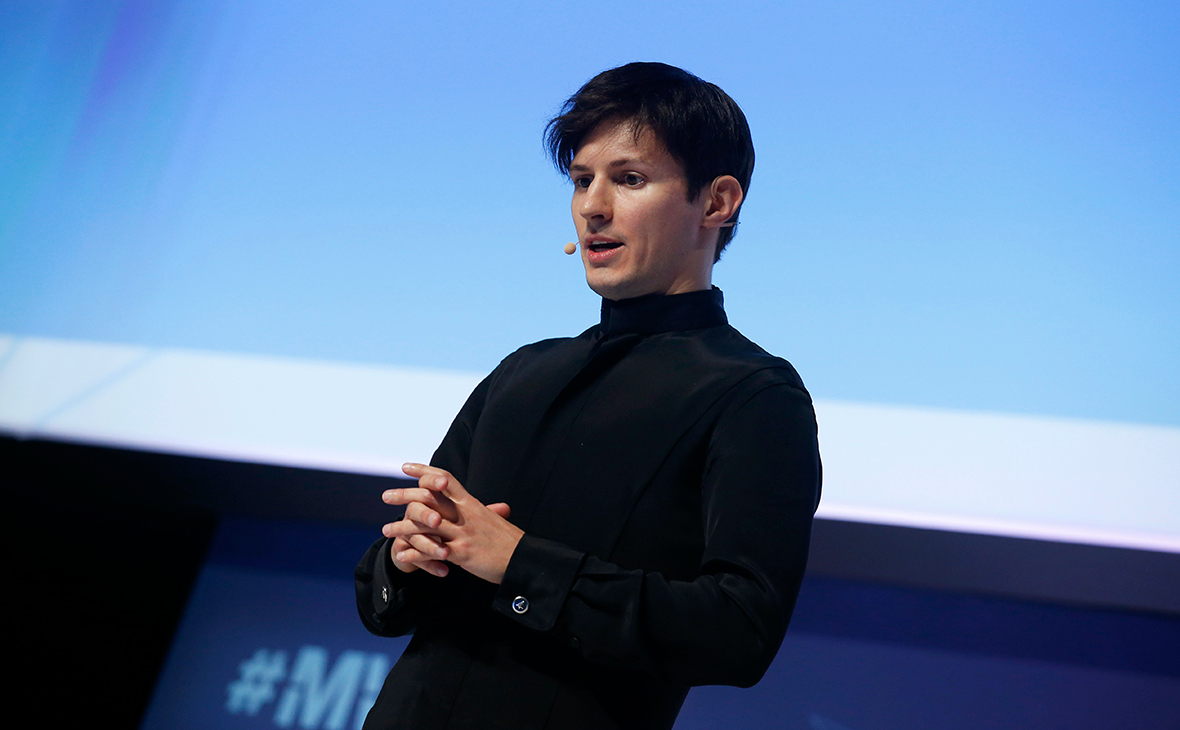
Pavel Durov
Also not included in the list is a former top official, ex-Deputy Minister of Communications Denis Sverdlov, co-founder of the telecom operator Yota and CEO of the electric car startup Arrival. Former co-owner of Mail.Ru Group and Internet entrepreneur Yuri Milner.
Not only representatives of the IT sector were left off the sanctions lists.
For example, the former co-owner of Togliattiazot, Vladimir Makhlay, and the owner of SPI Group, which produces alcoholic beverages, Yuri Shefler, were not subject to Western sanctions. The former co-owner of the Maxi-Group metallurgical holding is not on the list either. Nikolai Maksimov (who sold half of his company to the current richest Russian, Vladimir Lisin, in 2007 and was prosecuted).
Perhaps the public stance of top businessmen was also taken into account, such as their departure from Russia or statements about renouncing Russian citizenship. But in this case, the criteria for being included in the sanctions lists become even more blurred. Moreover, there is clear evidence to the contrary.
It is possible that some individuals were included in the sanctions lists by accident or through a "mechanical" error. For example, the October sanctions imposed by the National Security and Defense Council included the brokerage company Freedom Finance and its owner, billionaire Timur Turlov. In Ukraine, his company is one of the three largest sellers of military government bonds among non-bank institutions and ranks seventh in the brokerage ranking in terms of securities transactions. Turlov, who has been living in Kakhakhstan for the past 10 years, has been trying to distance himself from Russia in every way possible. He even announced that he had renounced his Russian citizenship and sold his Russian business to local management, but this did not help him avoid being included in the list.
The situation is similar with businessman Igor Makarov, who not only has no economic interests in Russia for a long time, but also suffered from its regime. It is known that in the 90s Makarov built the first private American company, Itera, which provided direct supplies of Turkmen gas directly to consumers from Ukraine and the CIS countries, which did not suit the Kremlin. Under pressure from the authorities, he was forced to suspend his activities. His company was expropriated through the transfer of shares and the sale of the remaining stake at a fraction of its face value under the threat of repeating the fate of Mikhail Khodarkovsky and many others who disagreed with the Russian regime. Later, Makarov left Russia, setting up businesses in Canada and Europe, where he became a tax resident. It is not clear why he was included in the list.
But what is clear is that such cases can lead to numerous lawsuits and compensations in the future. Especially if the freezing of assets, which is common under sanctions, goes beyond confiscation and subsequent resale.
According to Bloomberg, several dozen individuals on the EU sanctions lists have already filed lawsuits. Of course, the chances of those whose ties to the Kremlin are undeniable are virtually zero. However, there are already precedents for getting out from under the sanctions this year, although so far they are limited to the ex-wife of oligarch Mikhail Fridman and the sister of oligarch Alisher Usmanov.
It is clear that the existing sanctions mechanisms are still quite new and far from perfect. Some people will benefit from these shortcomings and help hide their assets. Others will have to go through a lot of procedures to appeal the sanctions.
The main thing is that in all these processes the very essence of the sanctions impact, which is a very delicate mechanism, should not be lost. Sanctions, no matter how well-intentioned, should not drive business further into Russia and bring businessmen closer to Putin. The goal of sanctions should be to drive big business out of Russia, encourage the shift of Russian markets to Western markets, and encourage the transfer of Russian millions to the international economy.
In turn, removing from the sanctions lists businessmen who have chosen the democratic path, refusing to do business in Russia and supporting Ukraine, may also serve to achieve this goal to some extent. Whereas a terrorist country must become a business pariah for a long time.
However, this process is fraught with great risks and requires not only strong-willed political and legal decisions, but also maximum legal scrupulousness.

